Luca Tieppo
It is as ever, a pleasure to share music and ideas with you and this month we are featuring Luca Tieppo. I thoroughly enjoyed our conversation and his insights below:
Karen :Q1. I know you have a love for both Opera and Ballet. Can you define what skills differentiate the two jobs as a repetituer and do you think it is something that few (or many) pianists can achieve?
Luca: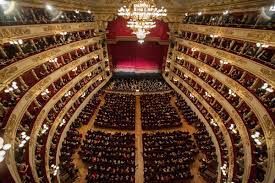
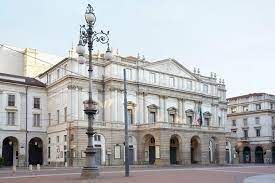
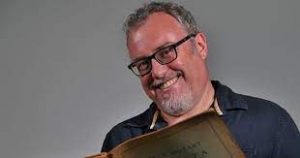 I have always been fascinated by theatre, and the dramaturgy behind the shows. And I have always wanted to be a composer, since when at 4 I used to hum my own arrangements of popular children’s tunes… So working in theatre has always been my ambition. When I started, not much older than a teenager, first for ballet at La Scala and then for opera in Monte-Carlo, I discovered a world of opportunities and possibilities as a pianist. Thirty-something years on, I am still fascinated by the different skill sets that each job requires. A pianist for ballet needs to be much more flexible, both musically and mentally; I’m thinking for example of the ability to improvise or adapt the music, or of how dancers speak a different “language” that one must understand and interpret. Even when rehearsing the repertoire, a pianist needs to sustain the dancer with fewer but clear and firm inputs. In opera, on the other hand, one has to be able to replicate the orchestra, often filling in the gaps of the piano score, supporting the singers with different colours etc. Adaptation or improvisation are not only not required but also inconceivable..
I have always been fascinated by theatre, and the dramaturgy behind the shows. And I have always wanted to be a composer, since when at 4 I used to hum my own arrangements of popular children’s tunes… So working in theatre has always been my ambition. When I started, not much older than a teenager, first for ballet at La Scala and then for opera in Monte-Carlo, I discovered a world of opportunities and possibilities as a pianist. Thirty-something years on, I am still fascinated by the different skill sets that each job requires. A pianist for ballet needs to be much more flexible, both musically and mentally; I’m thinking for example of the ability to improvise or adapt the music, or of how dancers speak a different “language” that one must understand and interpret. Even when rehearsing the repertoire, a pianist needs to sustain the dancer with fewer but clear and firm inputs. In opera, on the other hand, one has to be able to replicate the orchestra, often filling in the gaps of the piano score, supporting the singers with different colours etc. Adaptation or improvisation are not only not required but also inconceivable..

 In 10 years time I hope to have released another 10 albums – perhaps some for different instrumental line ups. This year I’ve had a blast performing the narrator role in Peter and The Wolf with The Chamber House Winds. I think a ballet class for wind quintet could be on the cards? I also had plans last year (2020) to record my String Quartet Dances – the pandemic put that project on hold so I hope to be able to do that before 10 years have elapsed. I expect to still be teaching ballet a decade from now but as my body gets older, and less agile, the idea of “playing” for class certainly becomes more and more attractive! Either all that, or sitting on a beach somewhere sipping cocktails.
In 10 years time I hope to have released another 10 albums – perhaps some for different instrumental line ups. This year I’ve had a blast performing the narrator role in Peter and The Wolf with The Chamber House Winds. I think a ballet class for wind quintet could be on the cards? I also had plans last year (2020) to record my String Quartet Dances – the pandemic put that project on hold so I hope to be able to do that before 10 years have elapsed. I expect to still be teaching ballet a decade from now but as my body gets older, and less agile, the idea of “playing” for class certainly becomes more and more attractive! Either all that, or sitting on a beach somewhere sipping cocktails.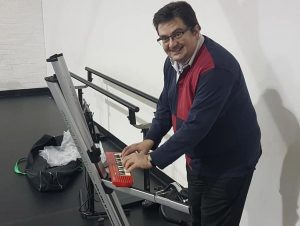 In your valued opinion, why is live music important when working with dance? Assuming live music in Class is essential to crafting a dancer’s understanding of the art, are there perhaps any advantages to using prerecorded music in performance?
In your valued opinion, why is live music important when working with dance? Assuming live music in Class is essential to crafting a dancer’s understanding of the art, are there perhaps any advantages to using prerecorded music in performance?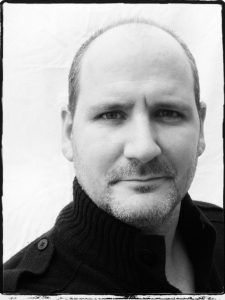
 Karen : You have a unique viewpoint in that you approach music making from a physical point of view. Are there any tips you can share with musicians in what they may miss in the ‘physicality’ of their music?
Karen : You have a unique viewpoint in that you approach music making from a physical point of view. Are there any tips you can share with musicians in what they may miss in the ‘physicality’ of their music?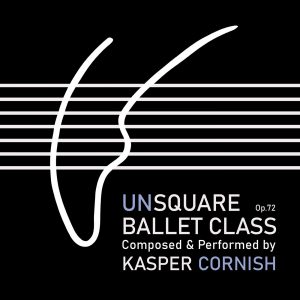
 Well, the week has flown by and ,as ever, I ask my guests their hoped-for future
Well, the week has flown by and ,as ever, I ask my guests their hoped-for future


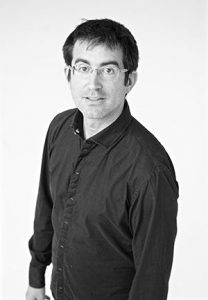
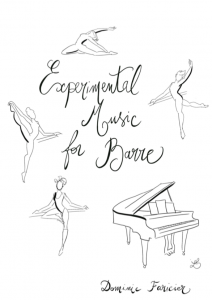
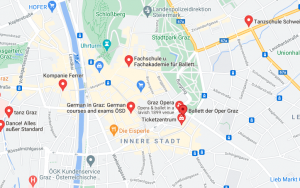
 It is with greatest delight I am introducing you to a new member of the team! Dominic is one of the most excellent pianists for dance class in Europe and has just produced his first – of three – scores of music for free class. Titled Experimental Music for Ballet Class – Part 1: Barre. His music is experimental only in that it stretches our imagination far and beyond. Please have a look at the Music Scores page here
It is with greatest delight I am introducing you to a new member of the team! Dominic is one of the most excellent pianists for dance class in Europe and has just produced his first – of three – scores of music for free class. Titled Experimental Music for Ballet Class – Part 1: Barre. His music is experimental only in that it stretches our imagination far and beyond. Please have a look at the Music Scores page here